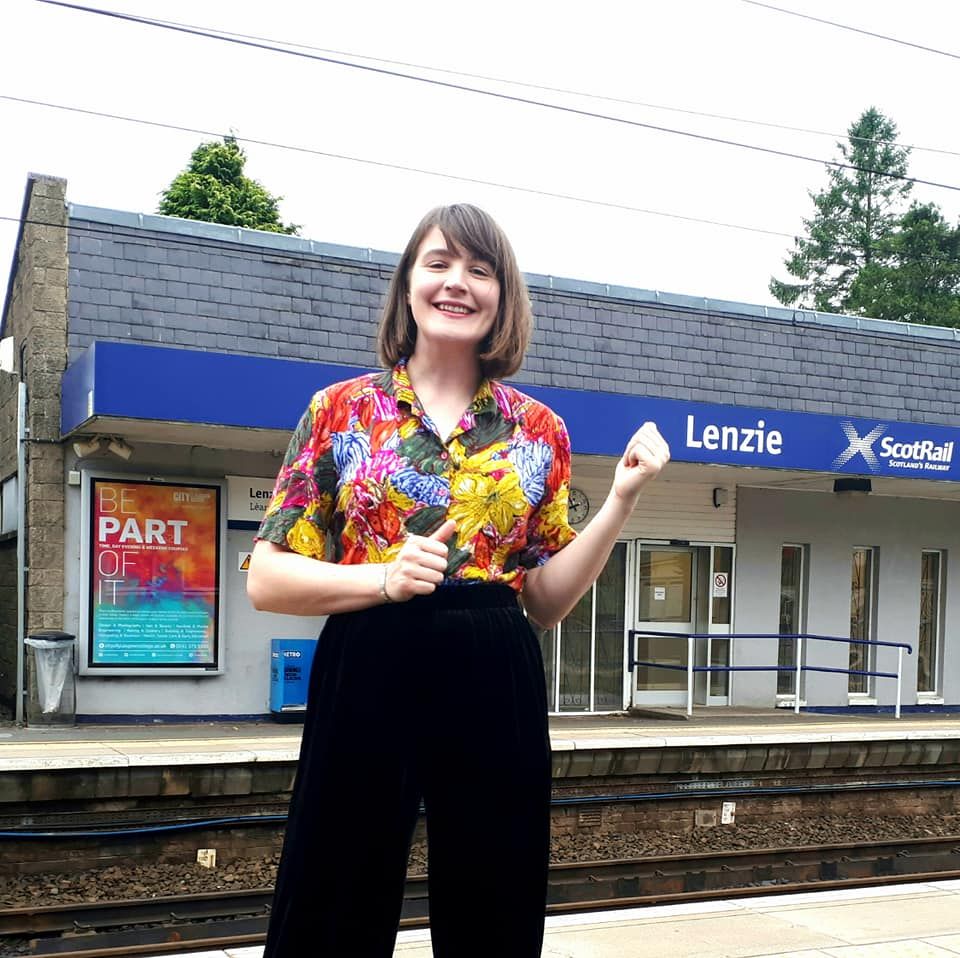Life after PhD submission
It has been almost a full year since I crossed the PhD-submission finish line, so now seems like a pretty good time to reflect on my life after submission.
I am an earth scientist by trade and my PhD research involved dating minerals and using computer modelling to reconstruct how landscapes have evolved over millions of years. However, I realised throughout my candidature that I much preferred communicating science rather than actually doing the science in the laboratory myself. So, as a PhD student who didn’t want to pursue academia, submission brought about a lot of exciting, and not-so-exciting, changes.
Unfortunately, like many others, I did find the process of submitting anticlimactic and the period that followed not the massive relief that I had imagined. This was partly because I was an international student and therefore, as I wanted to continue the life that I had established in Melbourne, my PhD worries were replaced with visa worries. Don’t worry, this is not all doom and gloom. I am now incredibly happy — I am a permanent resident of Australia and I am doing science communication work that I love — but as I discuss my life after submission, I do want to offer some advice to others who may also cross the finish line and think ‘so, what next?’.
Following submission, I was lucky to be able to continue my work as a research and teaching assistant within the School of Earth Sciences whilst I looked for the what next. Finishing a PhD is all-consuming but having work, or otherwise, organised for after finishing makes the transition much easier. I love teaching and as a geologist, our classrooms often end up being beaches, which is not too shabby.
 Vhairi teaching an earth science undergraduate student on a field trip at Cape Conran.
Vhairi teaching an earth science undergraduate student on a field trip at Cape Conran.
People often don’t talk about the ‘funny’ period in between submitting your thesis (for me, in December 2017) and passing your examination (for me, in April 2018) – you are no longer considered a PhD student, but you are not a PhD graduate either. The Faculty of Science Postgraduate Writing-Up Award helped a lot with this stage. I was able to work on preparing a manuscript from my thesis whilst receiving a 3-month stipend.
If you are also thinking about following a non-academic pathway, hopefully you have built a network in your desired field during your candidature that you can reach out to following your PhD. If not, start building it as soon as you can. This was incredibly important for me wanting to pursue a career in science communication. At one networking event, I received one job offer and another for an interview which led to my two current roles. The former was to write for Cosmos Magazine as a science journalist, which I have been doing regularly ever since. The latter was to join the Science Gallery Melbourne team as the lead mediator for their second pop-up exhibition, PERFECTION. The mediator team is made up of current students or recent graduates who all love science communication. This role has provided me with a wealth of opportunities, including moderating my first panel discussion, developing workshops for high school students and communicating science to people of all ages and backgrounds.

Vhairi moderating a Science Gallery Melbourne panel discussion on diversity in STEM.
Additionally, I wouldn’t have heard about other job opportunities that I’ve had during this past year had I not attended events and carried out outreach activities during and following my PhD. One of those opportunities was managing Melbourne’s Faculty of Science outreach program, Science Delivery.
Although I was technically changing careers, the transferable skills that I had developed during my PhD were incredibly valuable. For me, the most valuable skills were being able to manage a large-scale project, work independently and flexibly, and be able to effectively communicate complex information to a general audience.
 Vhairi thinks a holiday, or trip home, is a must.
Vhairi thinks a holiday, or trip home, is a must.
Lastly, I went on a holiday and visited my home in Scotland. I cannot recommend enough having some sort of break following your PhD – it is great for gaining some post-PhD perspective and for cementing in your head the significance of what you have just achieved.
Vhairi Mackintosh
PhD Graduate, School of Earth Sciences